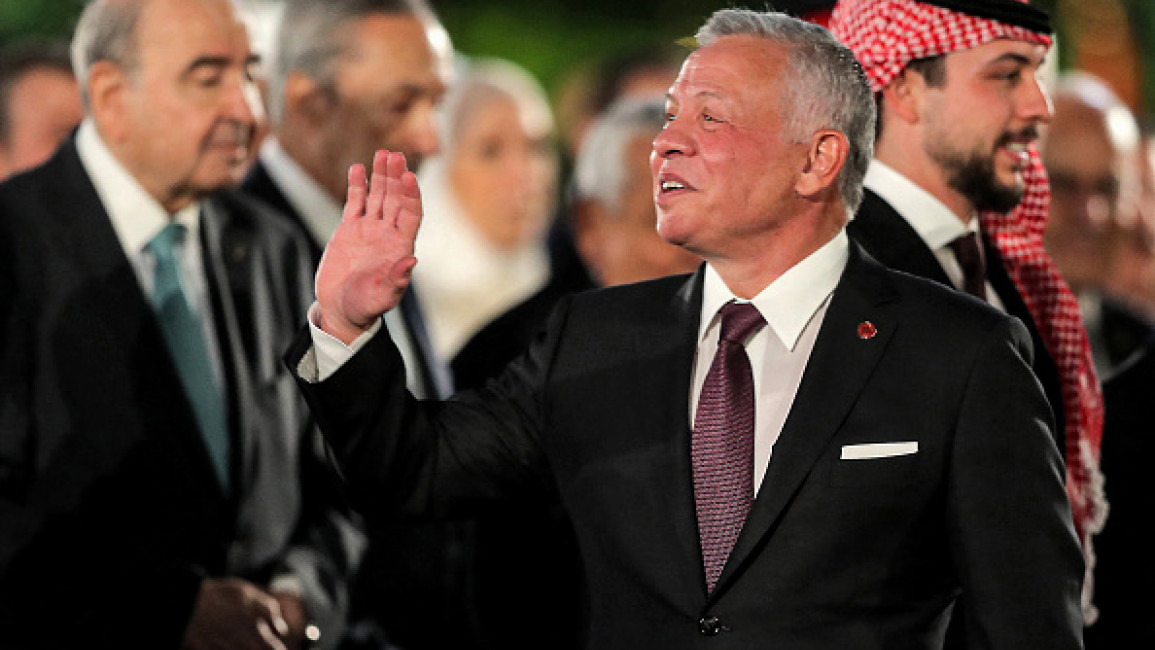Jordan announces end of controversial defense law
Jordan's King Abdullah II announced on Wednesday that the defence law, first adopted to combat the COVID-19 pandemic in March 2020, would be lifted in a matter of months.
The king's announcement came as part of a televised speech commemorating the country's 76th celebration from British colonialism.
In the speech, the king announced new plans to stimulate the country's economy, which he deemed a prerequisite for any sort of political reforms.
Abdullah said that defence orders would be stopped so that the country could progress and "turn a new page."
The defence orders were adopted in the first days of the COVID-19 pandemic so that the government could better respond to the public health threat. Among other things, defence orders prevented public gatherings and stopped employers from firing their workers.
Jordan responded aggressively to the pandemic, locking citizens in their homes for most hours of the day and shutting down the country's airport for months. Those citizens that violated curfew were temporarily arrested and fined.
In one case, male university students who held a party instead of quarantining were punished by having their heads shaved by authorities.
The country was praised for its initial progress in preventing the spread of COVID-19, but in the summer of 2020 had a significant outbreak after a guard at a border crossing with Syria contracted the disease.
Rights monitors criticized the defence orders, claiming the government used them to stifle dissent.
Human rights bodies complained about the government's utilization of the orders to arrest around 1,000 protesters in the summer of 2020. Demonstrators had taken to the street to reject the government's closure of the teacher's syndicate, the country's largest labour body.
Many Jordanians took to social media to complain about the defence orders, with a popular photo showing then-PM Omar Razaz kneeling on the neck of a Jordanian citizen.
The king also announced in his speech a "complete economic vision would be announced in the coming days" which would include a re-vitalisation of the public sector to give improved services to citizens.
He added that no political reforms could be made without an improvement in living standards for Jordanians and increased job creation.
Jordan suffers from high youth unemployment at 50 per cent and low rates of female labour participation. Most protests in the country are driven by economic grievances.



